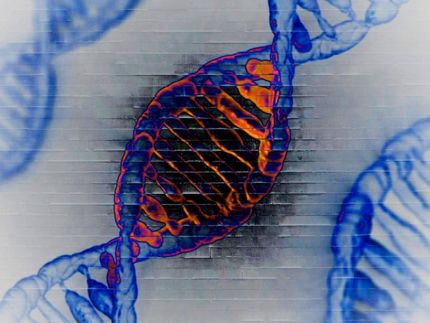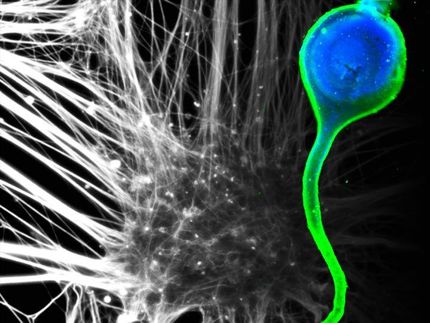Novartis powers-up R&D with new Intel-based PC computing grid
Pharmaceutical giant refreshes IT infrastructure to speed drug development cycle and enhance operational efficiency
Advertisement
Intel and Novartis, a world leader in pharmaceuticals, today announced Novartis has adopted an Intel(R) Pentium(R) 4 processor powered PC grid platform as a strategic part of its 5-year plan for extending R&D capabilities. The PC refresh programme forms part of enhancements to the organisation's IT strategy. These enhancements include boosting computing power, strengthening R&D efficiencies and supporting efforts to bring novel medicines to patients faster. Novartis is also looking to apply the PC grid infrastructure to mainstream business-computing challenges.
Grids take advantage of computing resources in an up-to-date infrastructure, delivering additional performance at a fraction of the cost of purchasing, deploying and managing additional systems. By capturing previously unused resources, the Novartis grid delivers an extra 5+ teraflops of computing power. When combined with the productivity and performance gains from the refreshed PC platform, the grid will lead to savings of USD 200 million over three years.
Novartis plans to upgrade a large portion of their corporate desktop PCs across the company this year. In Pharma research alone, 2,700 PCs have been standardised to the Pentium 4 processor platform and linked to the high performance grid. This has enabled far greater research scope, the examination of larger datasets with improved precision and better identification of the increasing number of new drug targets. The new Intel platform improves computational time but not at the expense of precision, enabling Novartis researchers to innovate better, faster and at lower cost -- gaining the competitive edge.
The decoding of the human genome has transformed drug discovery and molecular targeting. Previously there were 300 druggable targets; now there are 30,000. Research is now focused on understanding the actions of these targets and what molecules they may bind with, with tremendous opportunities to develop very precise drugs that cure diseases instead of just treating symptoms.
"Our investment in Intel Pentium 4 Processors, with Hyper-Threading (HT) Technology(1), to power the grid network has enabled us to get maximum productivity out of our IT systems and thereby accelerate the development of life-saving new drugs," says Manuel Peitsch, Head of Informatics and Knowledge Management for Novartis' Pharmaceutical Research. "The drug discovery process relies fully on high performance computing to process the immense amount of data involved."
"As a world leader in the pharmaceutical industry, Novartis recognises the importance of investment in a high performance PC infrastructure," said Erik Steeb, Director Computing and Solutions Marketing Group at Intel EMEA. "A standardised and stable PC infrastructure drives down the TCO of each PC while ensuring a robust platform capable of coping with demands from new and future technologies. By refreshing its desktop platform to PCs powered by Pentium 4 processors, supporting HT Technology, Novartis has strengthened its computational prowess to speed the discovery of new medicine."
Peter Sany, Novartis Corporate CIO, commented: "Computing resources are a key driver of shortened timelines, facilitating Novartis' goal of bringing more novel drugs to patients faster. We have projects we calculate would take 6 years on a single supercomputer. Today, the run time is 12 hours. Before, you wouldn't bother starting such a process. Now, because of our Pentium 4 processor powered grid, it's completely practical and affordable."
Novartis already brings prescription medicines to market faster than the industry norm, and in the last two years has had more drugs approved in key markets than any of its competitors. Seeking to further enhance its industry-leading development efforts, the company has added 1,000 researchers, raised its R&D budget to USD 2.8 billion, and is opening a new, multi-million dollar research headquarters in Cambridge, Mass.






















































